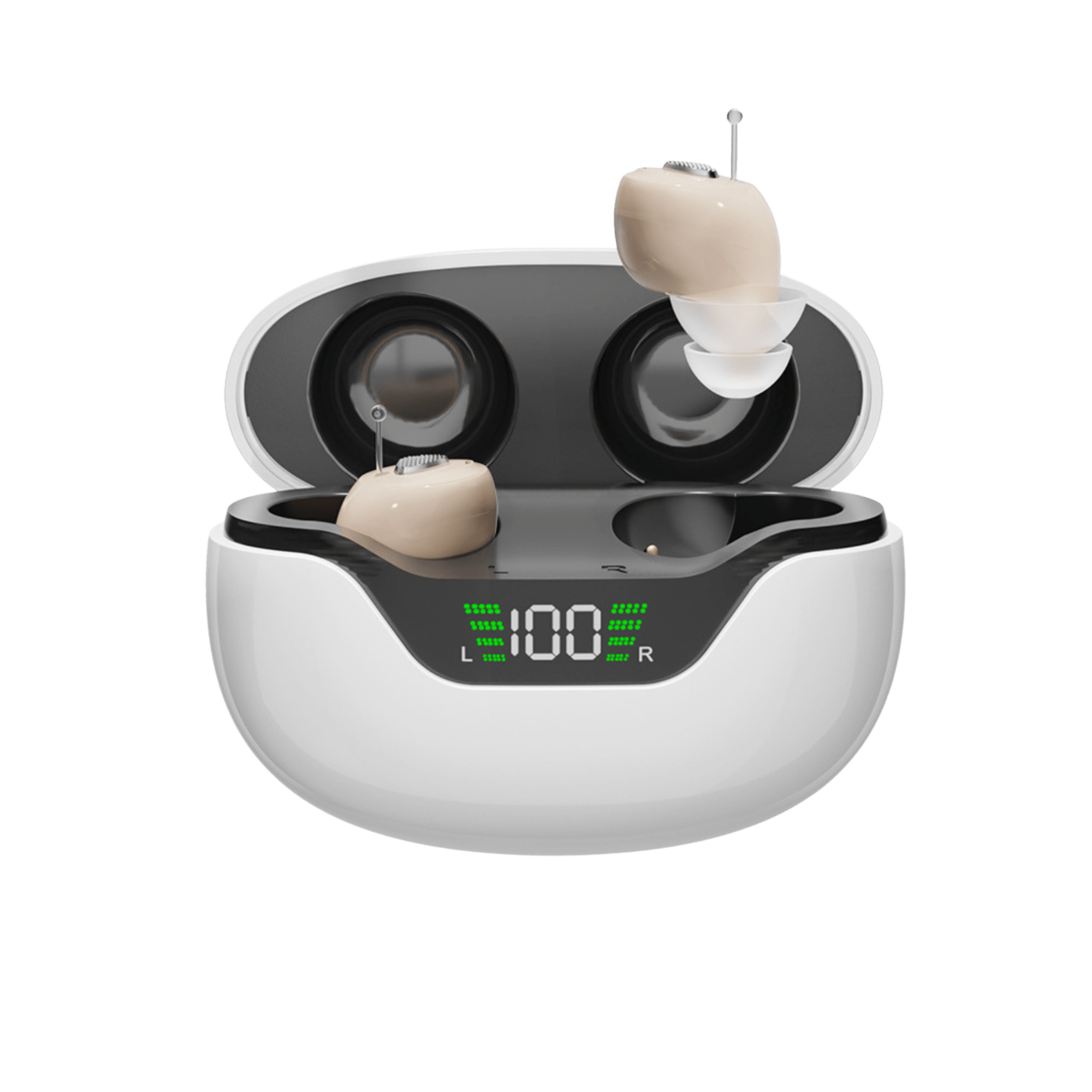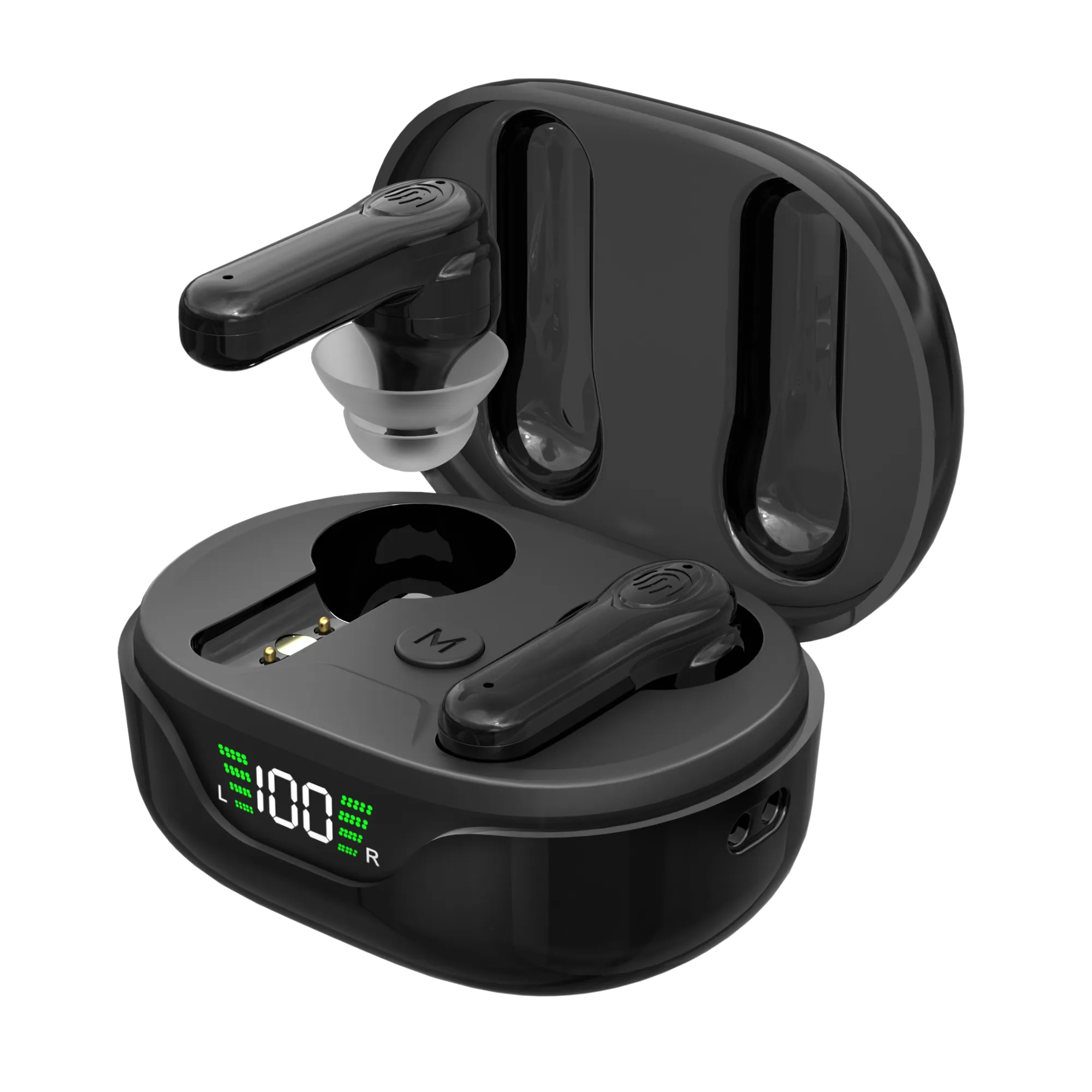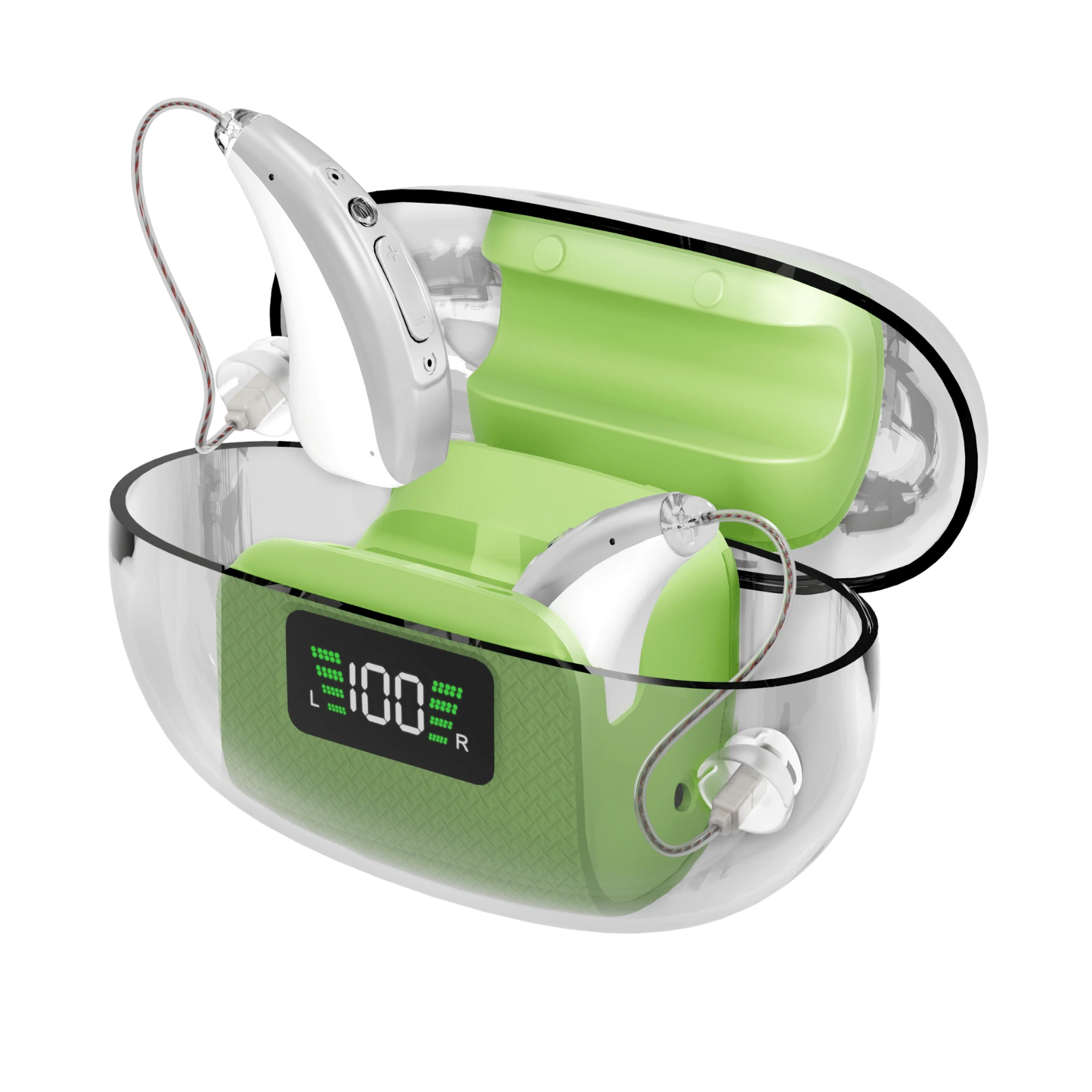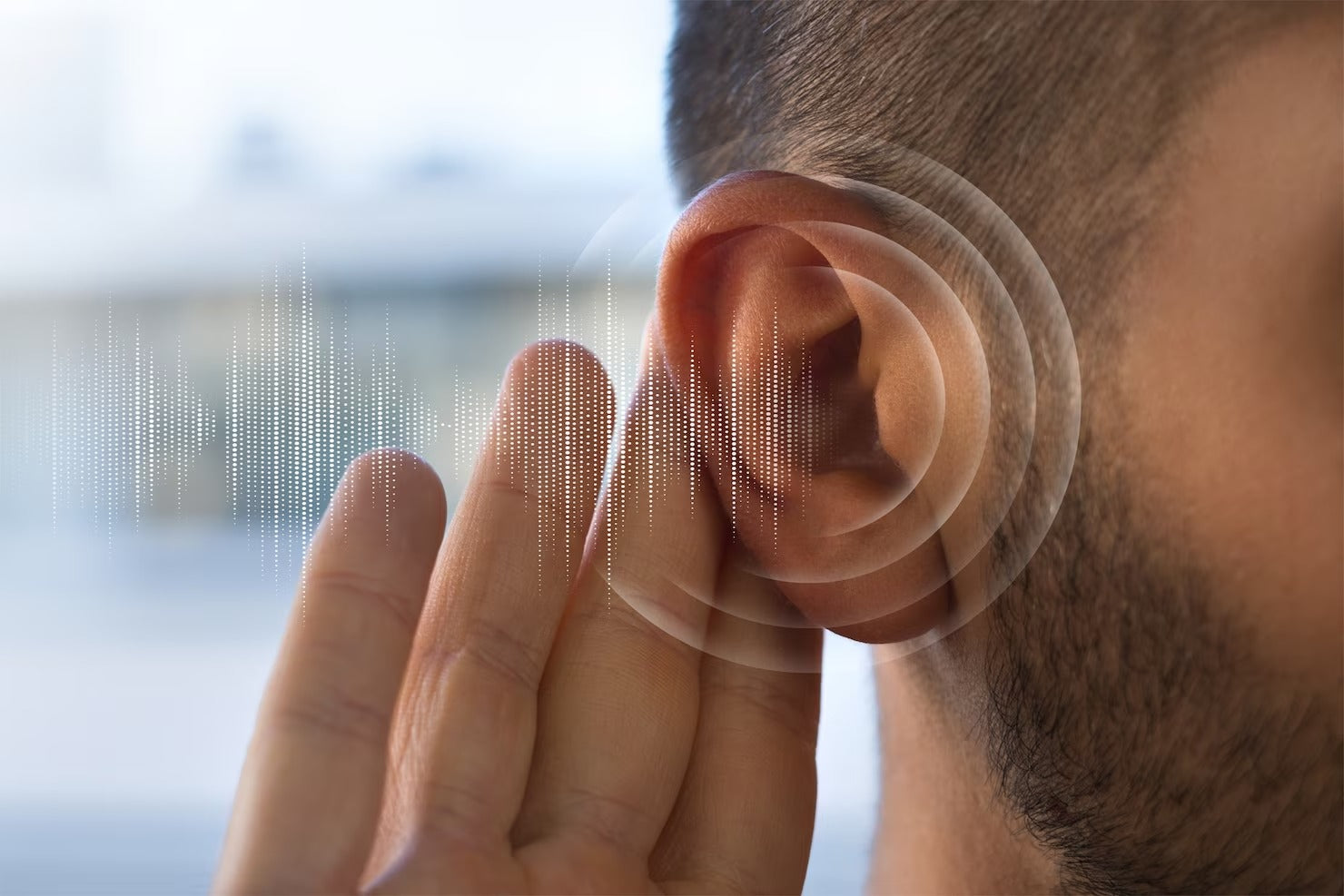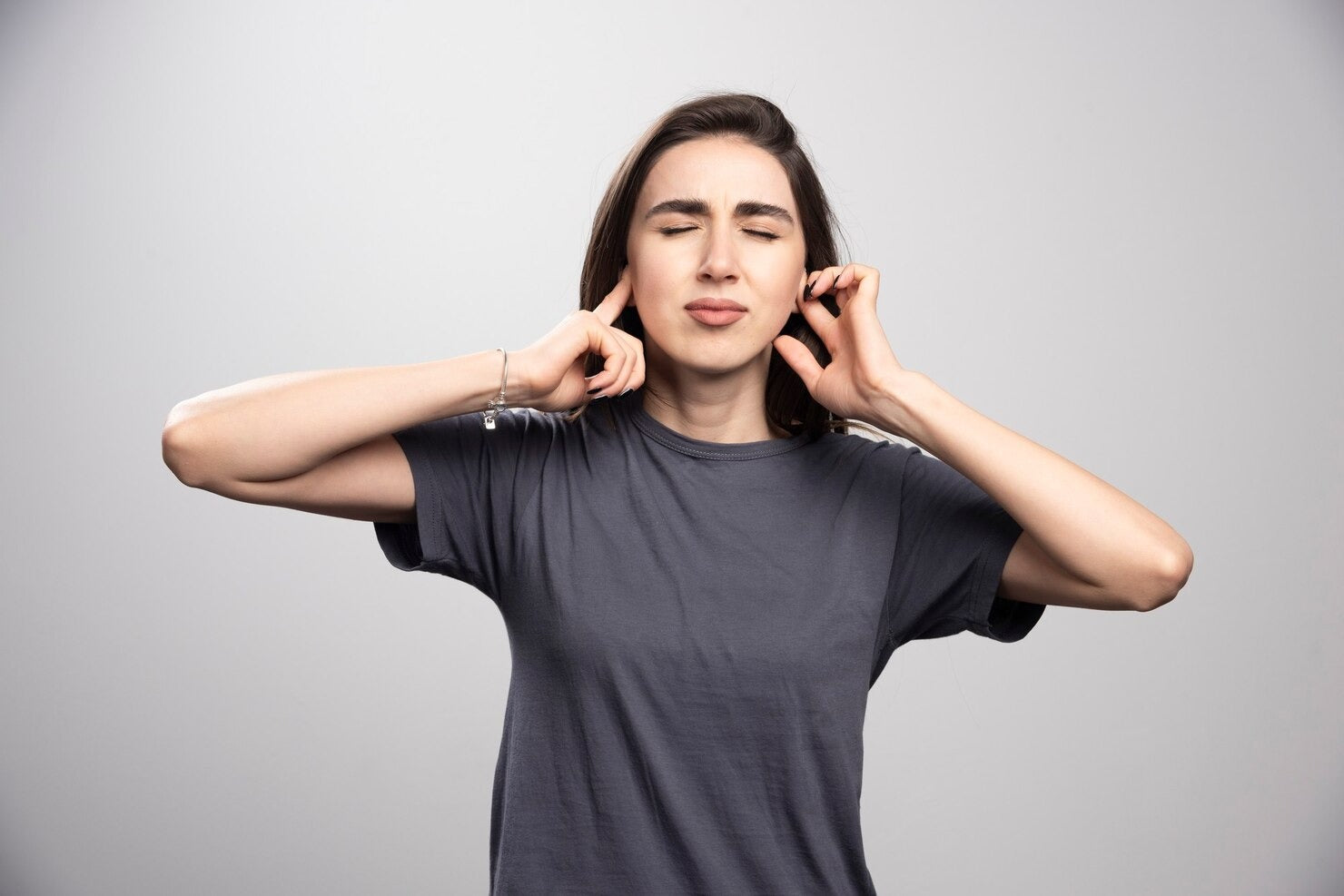The expense of hearing aids, which are essential instruments in the fight against hearing loss, might appear to be overwhelming at first glance. Nevertheless, a variety of vocational rehabilitation programs, military service-connected disability benefits, Social Security disability benefits, private charity assistance programs, international health insurance plans, and even travel insurance for hearing-impaired individuals are among the programs and insurance options that may be able to provide coverage or assistance. You will have a better grasp of prospective paths for financial relief by reading this extensive essay, which will walk you through these alternatives and lead you through their details.
Hearing Aids and Programs for Vocational Rehabilitation are Available.
There are programs designed to assist those with impairments, such as a hearing impairment, in preparing for, securing, maintaining, or regaining work. Hearing aids are recognized by many of these programs as a potentially indispensable resource that enables those with hearing loss to fully engage in the workforce.
Hearing aids may or may not be covered by vocational rehabilitation programs, depending on the state in which the patient resides. It's possible that some programs would pay for the entire expense, while others will work out a payment plan with the client. In order to investigate this possibility, you will need to get in touch with the vocational rehabilitation organization in your state.
Hearing aids and benefits for those with disabilities related to military service
Hearing loss may be a frequent problem for people who have served in the military, and it is typically the consequence of being subjected to loud noises during their time in duty. The Department of Veterans Affairs (VA) provides compensation for service-connected impairments, such as hearing loss, in order to assist veterans who have suffered from these conditions.
If it is established that a veteran's hearing loss is service-connected, the veteran is often entitled for VA health care benefits, which include complete audiology services such as hearing aids. These benefits are paid for by the federal government. Hearing aids are available to veterans who are either former prisoners of war or who have a compensable service-connected condition. These veterans are eligible for hearing aids regardless of whether or not their hearing loss is caused by their military service.
Hearing aids and benefits for people with disabilities from Social Security
The Social Security Administration (SSA) is in charge of administering programs such as Social Security Disability Insurance (SSDI) and Supplemental Security Income (SSI), which give financial assistance to disabled individuals. Despite the fact that these programs do not pay hearing aids directly, persons who receive Social Security Disability Insurance or Supplemental Security Income (SSI) may also be eligible for Medicaid, a program that, depending on the state, may fund hearing aids.
Additionally, in addition to Medicaid, several states offer other medical assistance programs that may or may not pay the cost of hearing aids for persons who receive Social Security Disability Insurance or Supplemental Security Income. If you want additional information, you should investigate the options that are available in your state or talk to someone who works at the Social Security office in your area.
Hearing aids and assistance programs offered by private charitable organizations
People who are unable to pay for hearing aids themselves frequently receive much-needed assistance from private organizations and foundations. These organizations, such as the Gift of Hearing Foundation, the Starkey Hearing Foundation's Hear Now program, the Audient program offered by EPIC Hearing Healthcare, and others, provide aid to those who are in need on the basis of their financial situation.
Because each of these organizations has its own set of criteria for applicants to meet and application process, it is absolutely necessary to get in touch with them personally in order to obtain precise information. These initiatives may frequently give a large amount of relief, making hearing aids available to a great number of people who would not have had access to them otherwise.
Plans for Healthcare Provision Overseas and Assistive Listening Devices
Plans of international health insurance offer protection for those who live abroad as well as those who travel often. Hearing aids may be covered, either in full or in part, by these plans even if their primary purpose is to offer complete major medical care in more than one country. The particulars of what is covered and to what extent will differ from one insurance plan to another, as is the case with all insurance policies.
If you have an international health insurance plan, you should check the terms of your policy or speak with a representative from your insurance company to see whether or not hearing aids are covered under your coverage. Because these plans might vary quite a little from one another, it is quite necessary to comprehend your particular coverage.
Hearing-Impaired Individuals' Travel Insurance, Including Coverage for Hearing Aids
Hearing-impaired travelers might benefit from the sense of security that is provided by travel insurance while they are away from home. Hearing-impaired persons may benefit from the coverage provided by some types of travel insurance plans, which may include reimbursement for hearing aids that are destroyed or misplaced.
Although not all travel insurance policies provide this coverage, a few of them do, particularly the ones that enable the benefits of the policy to be tailored to the individual. If you intend to go on vacation and will be bringing your hearing aids with you, it is imperative that you thoroughly investigate the many options for travel insurance, paying special attention to the advantages that are provided as well as any potential exceptions that may be relevant.
In conclusion, acquiring financial support for hearing aids can be a multi-step procedure that involves a wide variety of options. Some examples of these options include vocational rehabilitation programs, disability benefits, private charity programs, overseas health insurance policies, and travel insurance. The most important stage is to carry out extensive study and to ask questions wherever they are required. It's possible that the route to better hearing health is more financially doable than you realize right now.
Hearing Aids and Programs for Vocational Rehabilitation are Available.
There are programs designed to assist those with impairments, such as a hearing impairment, in preparing for, securing, maintaining, or regaining work. Hearing aids are recognized by many of these programs as a potentially indispensable resource that enables those with hearing loss to fully engage in the workforce.
Hearing aids may or may not be covered by vocational rehabilitation programs, depending on the state in which the patient resides. It's possible that some programs would pay for the entire expense, while others will work out a payment plan with the client. In order to investigate this possibility, you will need to get in touch with the vocational rehabilitation organization in your state.
Hearing aids and benefits for those with disabilities related to military service
Hearing loss may be a frequent problem for people who have served in the military, and it is typically the consequence of being subjected to loud noises during their time in duty. The Department of Veterans Affairs (VA) provides compensation for service-connected impairments, such as hearing loss, in order to assist veterans who have suffered from these conditions.
If it is established that a veteran's hearing loss is service-connected, the veteran is often entitled for VA health care benefits, which include complete audiology services such as hearing aids. These benefits are paid for by the federal government. Hearing aids are available to veterans who are either former prisoners of war or who have a compensable service-connected condition. These veterans are eligible for hearing aids regardless of whether or not their hearing loss is caused by their military service.
Hearing aids and benefits for people with disabilities from Social Security
The Social Security Administration (SSA) is in charge of administering programs such as Social Security Disability Insurance (SSDI) and Supplemental Security Income (SSI), which give financial assistance to disabled individuals. Despite the fact that these programs do not pay hearing aids directly, persons who receive Social Security Disability Insurance or Supplemental Security Income (SSI) may also be eligible for Medicaid, a program that, depending on the state, may fund hearing aids.
Additionally, in addition to Medicaid, several states offer other medical assistance programs that may or may not pay the cost of hearing aids for persons who receive Social Security Disability Insurance or Supplemental Security Income. If you want additional information, you should investigate the options that are available in your state or talk to someone who works at the Social Security office in your area.
Hearing aids and assistance programs offered by private charitable organizations
People who are unable to pay for hearing aids themselves frequently receive much-needed assistance from private organizations and foundations. These organizations, such as the Gift of Hearing Foundation, the Starkey Hearing Foundation's Hear Now program, the Audient program offered by EPIC Hearing Healthcare, and others, provide aid to those who are in need on the basis of their financial situation.
Because each of these organizations has its own set of criteria for applicants to meet and application process, it is absolutely necessary to get in touch with them personally in order to obtain precise information. These initiatives may frequently give a large amount of relief, making hearing aids available to a great number of people who would not have had access to them otherwise.
Plans for Healthcare Provision Overseas and Assistive Listening Devices
Plans of international health insurance offer protection for those who live abroad as well as those who travel often. Hearing aids may be covered, either in full or in part, by these plans even if their primary purpose is to offer complete major medical care in more than one country. The particulars of what is covered and to what extent will differ from one insurance plan to another, as is the case with all insurance policies.
If you have an international health insurance plan, you should check the terms of your policy or speak with a representative from your insurance company to see whether or not hearing aids are covered under your coverage. Because these plans might vary quite a little from one another, it is quite necessary to comprehend your particular coverage.
Hearing-Impaired Individuals' Travel Insurance, Including Coverage for Hearing Aids
Hearing-impaired travelers might benefit from the sense of security that is provided by travel insurance while they are away from home. Hearing-impaired persons may benefit from the coverage provided by some types of travel insurance plans, which may include reimbursement for hearing aids that are destroyed or misplaced.
Although not all travel insurance policies provide this coverage, a few of them do, particularly the ones that enable the benefits of the policy to be tailored to the individual. If you intend to go on vacation and will be bringing your hearing aids with you, it is imperative that you thoroughly investigate the many options for travel insurance, paying special attention to the advantages that are provided as well as any potential exceptions that may be relevant.
In conclusion, acquiring financial support for hearing aids can be a multi-step procedure that involves a wide variety of options. Some examples of these options include vocational rehabilitation programs, disability benefits, private charity programs, overseas health insurance policies, and travel insurance. The most important stage is to carry out extensive study and to ask questions wherever they are required. It's possible that the route to better hearing health is more financially doable than you realize right now.

